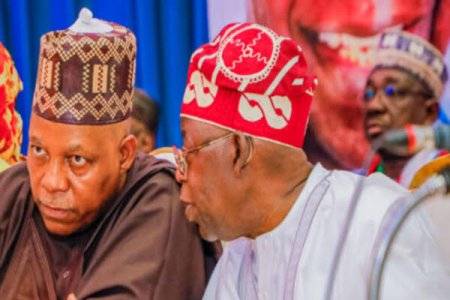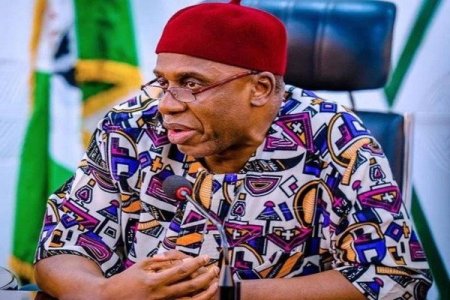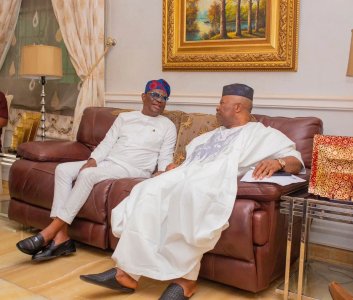
President Bola Tinubu and Vice President Kashim Shettima spent ₦8.64 billion on travel expenses in three months, sparking mixed reactions from Nigerians. While some support the trips' potential benefits, many criticize the high costs amid economic hardships.
President Bola Tinubu, Vice President Kashim Shettima, and First Lady Remi Tinubu spent a staggering ₦8.64 billion on local and foreign travel between January and March 2024.
According to GovSpend, a civic tech platform tracking federal spending, ₦1.35 billion was allocated for presidential trips and related expenses, ₦3.53 billion for foreign exchange purchases during ten international trips, and ₦637.85 million for air tickets from travel agencies.
The expenditures do not include the estacodes of the President’s entourage. Additionally, the government spent ₦12.59 billion on maintaining the presidential air fleet within the same period. This figure marks a significant increase, 36% more than the ₦2.49 billion budgeted for presidential travel in 2023.
Over seven months, Tinubu and Shettima visited 16 countries, spending a collective 91 days on foreign engagements. Tinubu’s visits included Paris, London, New Delhi, Abu Dhabi, and New York, among others, totaling 55 days abroad.
Shettima represented him in Italy, Russia, South Africa, Cuba, China, and the US, spending 36 days abroad.
Nigerians have expressed a mix of concern and support over these expenditures. Most noted that while presidential trips can enhance diplomatic ties and attract foreign investment, the high costs divert funds from essential areas like healthcare, education, and infrastructure.
They emphasized the importance of tangible outcomes from these trips to justify the spending.
They highlighted the need to evaluate whether the expenditures were judicious, suggesting that if the trips yield significant economic benefits, the costs might be justified.
On social media reactions were polarized. Supporters argued that the trips could bring positive outcomes for Nigeria. Some users expressed faith in the government's strategy, hoping for beneficial results. In contrast, many others criticized the expenditures, with some calling out the government for wasting resources while ordinary
Nigerians struggle with economic hardships. Comments ranged from outright condemnation of the spending as wasteful to calls for better governance and fiscal responsibility.





